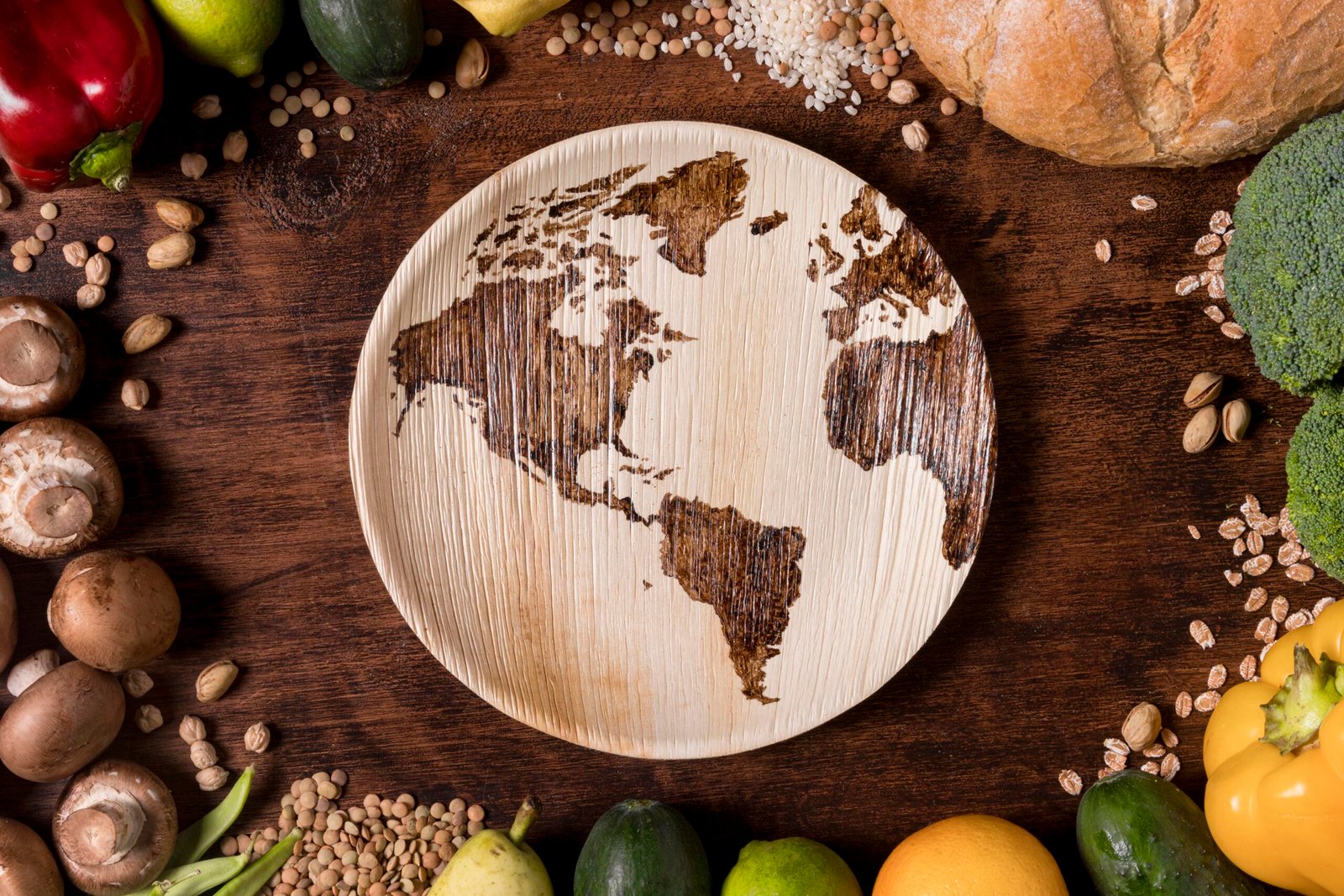
Indonesia, a significant agricultural powerhouse, boasts diverse natural resources crucial for national food security. As per the 2022 Economist & Corteva Global Food Security Index (GFSI), Indonesia ranks 63rd out of 113 countries, showcasing slight progress since 2012. The country excels in affordability, with stable food prices and reduced poverty rates but struggles in availability due to climate change risks and rapid population growth. Quality and safety experienced a minor decline, suggesting a need for dietary diversity and enhanced food standards. However, Indonesia’s most critical area for improvement lies in sustainability and adaptation, urging greater focus on building a sustainable and food-secure environment.
Challenges and Opportunities
Indonesia’s abundance in natural resources, culture, and history presents both challenges and opportunities in comprehending the intricacies of food safety within the country.
Challenges
High Population Growth: Indonesia’s population is expected to reach 300 million by 2030, thus increasing the need for food production.
Problem in agriculture: high cost of inputs, limited access to credit and financial services, lack of access to new technologies and innovations, lack of skilled and educated human resources, and conversion of agricultural land
Rice-dependent country: extreme reliance on rice may cause problems with sustainability and vulnerability, especially when local supply falls short.
Opportunities
Indonesia’s strong social capital: Research found a positive impact of both bonding and bridging social capital on household food security, emphasizing the importance of diverse community stakeholders to bolster social capital and ensure food security.
Increasing awareness of food waste: Findings revealed increased awareness of food waste among students, likely influenced by general knowledge about food waste and potentially driven by economic factors.
Food diversification: diversifying food sources helps manage production risks due to climate change and supports local industries by utilizing regional resources.
NGOs and the Government’s Collaborative Impact
NGOs and the government in Indonesia both make significant contributions to food security, albeit with differing approaches and impacts. NGOs are key players in grassroots empowerment and advocacy, particularly in the area of sustainable agriculture and community. They focus on enhancing the capacities of local farmer groups, connecting them with innovations and ensuring they meet quality standards. This empowerment not only improves the livelihoods of farming communities but also supports overall food security. Furthermore, NGOs advocate for the right to food and nutrition, emphasizing the government’s responsibility to guarantee these rights and hold corporations accountable. They also tackle food waste issues by collaborating with stakeholders to rescue and redistribute surplus food, alleviating poverty and malnutrition.
In contrast, the government in Indonesia holds a broader role as the primary policy maker and implementer in the food security landscape. Their impacts span various areas, such as providing subsidies for agricultural inputs, safeguarding agricultural land from conversion, and developing programs to train and support young farmers. These measures ensure the affordability of inputs, protect vital farmland, and foster the growth of a skilled agricultural workforce, all of which are essential as tools in enhancing food security.
The collaboration between NGOs and the government is vital for a holistic approach to food security. NGOs bring their expertise in community-level empowerment and advocacy, while the government operates on a larger scale with policies and resource allocation. Together, they can create a comprehensive strategy to address Indonesia’s food security challenges, combining grassroots impact with systemic measures to ensure sustainable and equitable access to nutritious food for all.


